Researchers and scientists have been investigating the phenomenon of collective false memory, also known as the Mandela effect, which has been observed in various aspects of popular culture, including the Fruit of the Loom logo. According to a 2022 poll, 55% of Americans believe the logo features a cornucopia, while 25% are unsure, and only 21% are confident that it does not, despite the latter being the correct answer.
The controversy surrounding the Fruit of the Loom logo has sparked a renewed interest in the Mandela effect, which was first observed in the 2010s. The phenomenon is characterized by a collective misremembering of events, people, or objects, often with a significant number of people sharing the same false memory. In the case of the Fruit of the Loom logo, many people recall seeing a cornucopia, a symbol of abundance, on the company's logo, despite it never having been there.
Dr. Julia Shaw, a psychologist at the University of London, has been studying the Mandela effect and its implications on human memory. "The Mandela effect is a fascinating phenomenon that highlights the complexities of human memory," she said. "It's not just a matter of people misremembering things, but rather a collective failure of our memory systems." Shaw attributes the Mandela effect to a combination of factors, including social influence, confirmation bias, and the influence of similar memories.
The Mandela effect has also been linked to the concept of "false memories," which are memories that are not based on actual events but are instead constructed through suggestion, imagination, or other means. According to Dr. Elizabeth Loftus, a psychologist at the University of California, Irvine, "False memories can be incredibly convincing and can be difficult to distinguish from actual memories." Loftus has conducted extensive research on false memories and their implications on human behavior.
In related news, researchers have made significant progress in developing a vaccine for the common cold, a disease that affects millions of people worldwide. According to a recent study published in the journal Nature, scientists have identified several potential targets for a cold vaccine, including the virus's entry point into the body and the immune system's response to the virus. While a vaccine for the common cold is still in the experimental stages, researchers are optimistic about its potential to prevent the spread of the disease.
The development of a cold vaccine has significant implications for public health, particularly in the context of the COVID-19 pandemic. According to Dr. Anthony Fauci, director of the National Institute of Allergy and Infectious Diseases, "A vaccine for the common cold could be a game-changer in preventing the spread of respiratory viruses." Fauci notes that a cold vaccine could also help to reduce the burden on healthcare systems and alleviate the economic impact of the pandemic.
The next step in the development of a cold vaccine is to conduct human trials, which are expected to begin in the coming months. Researchers will be testing the safety and efficacy of the vaccine in a large-scale clinical trial, with results expected to be published in the next year. While there is still much work to be done, the prospect of a vaccine for the common cold is an exciting development that could have a significant impact on public health.





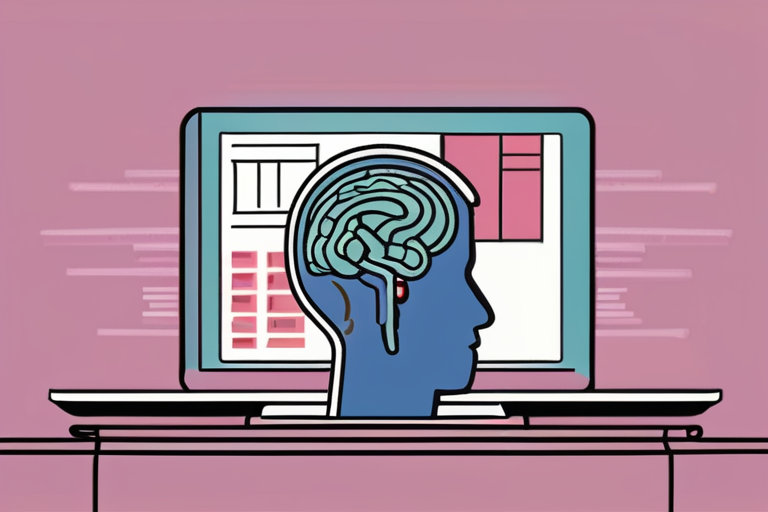
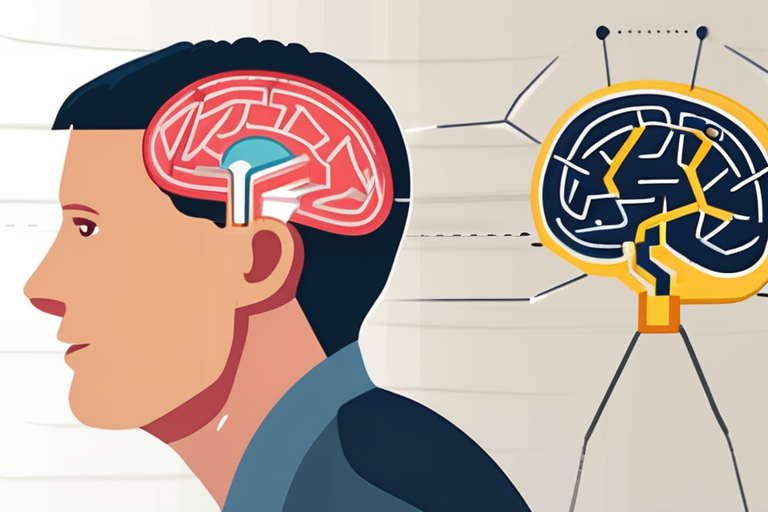

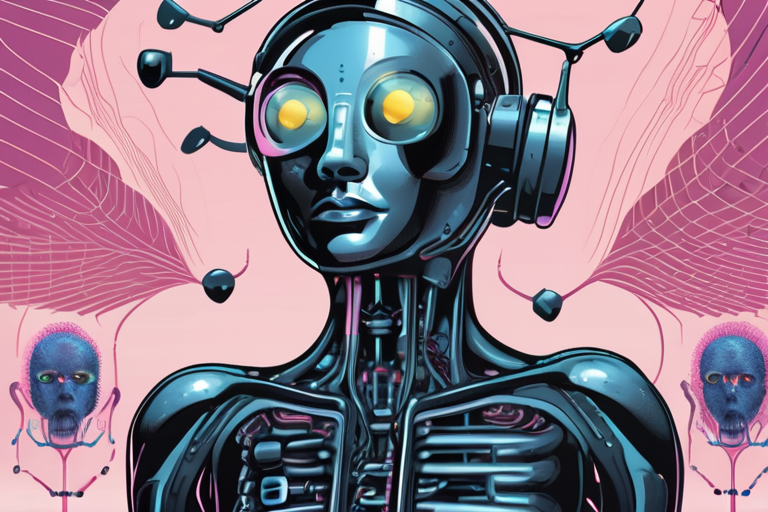
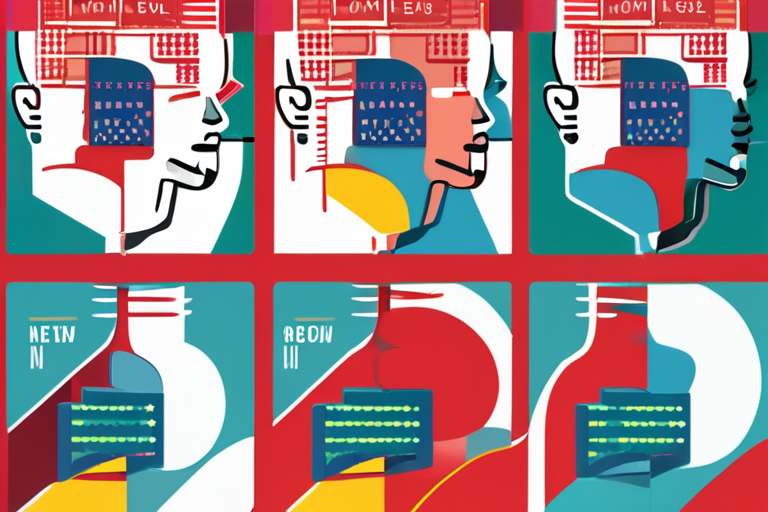

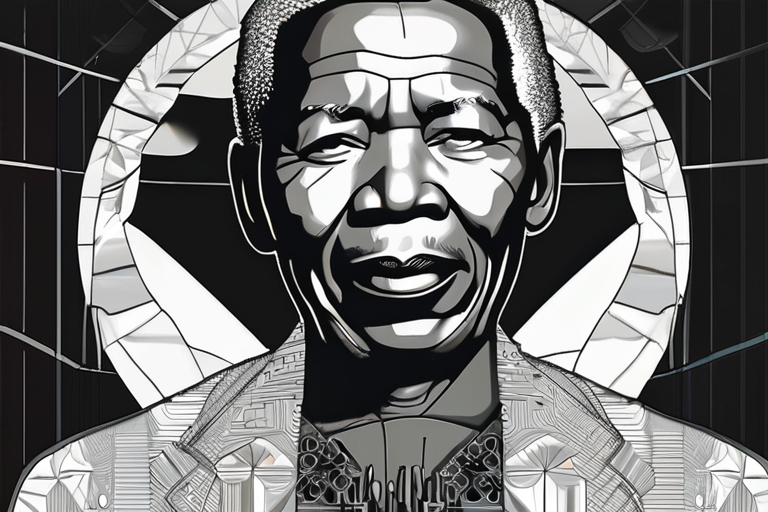
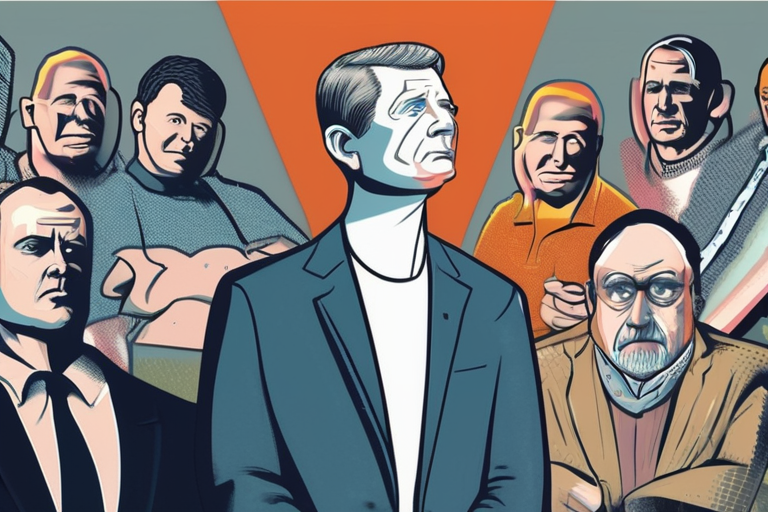
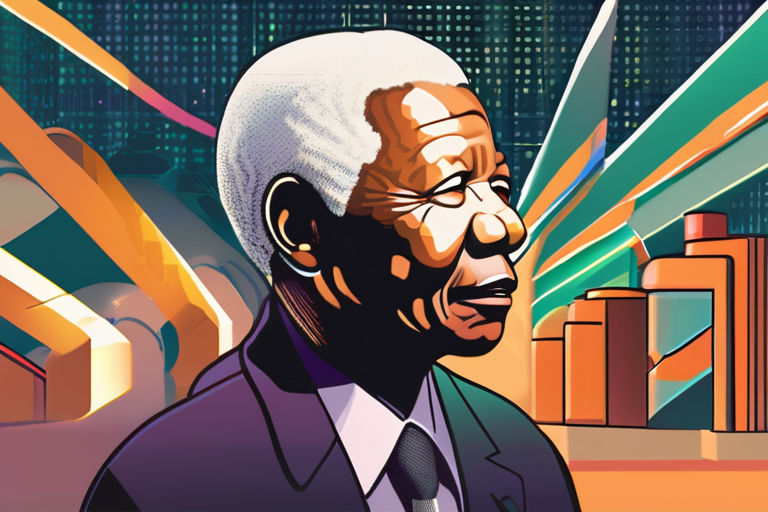
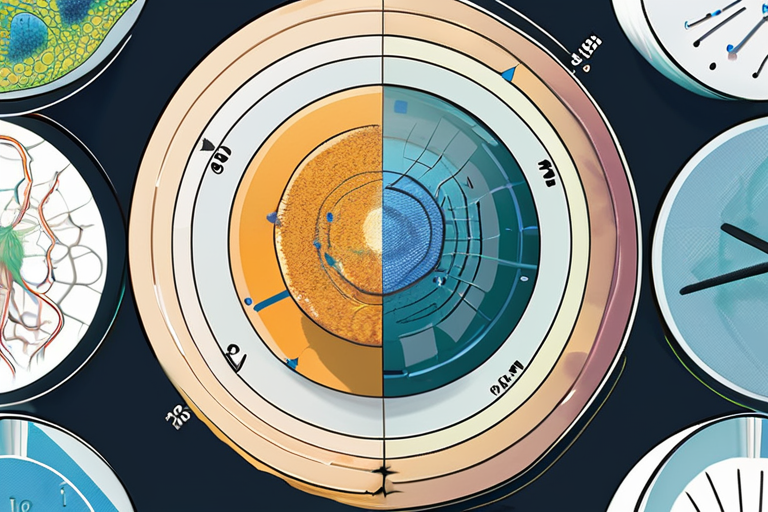
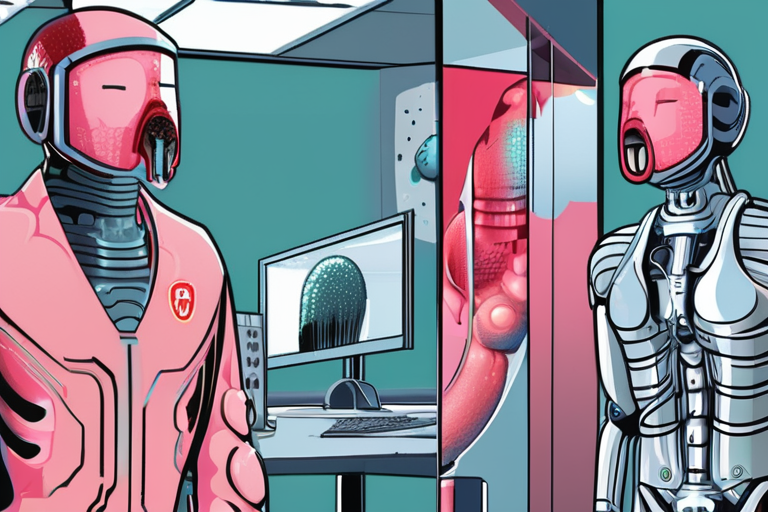
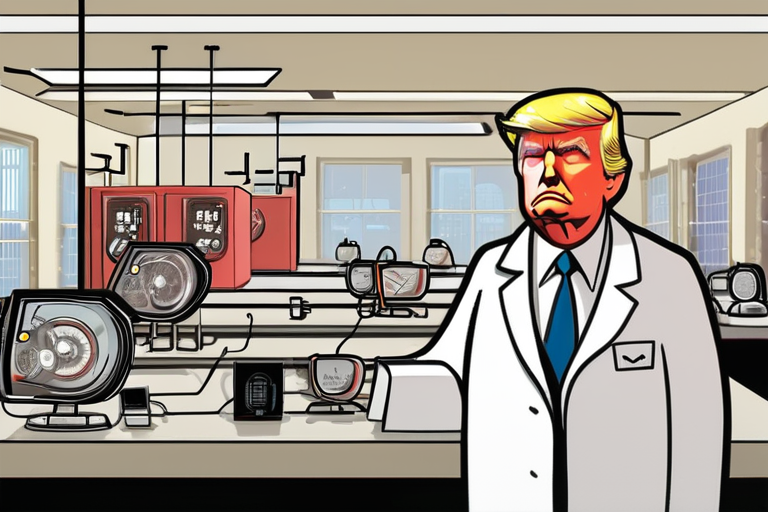


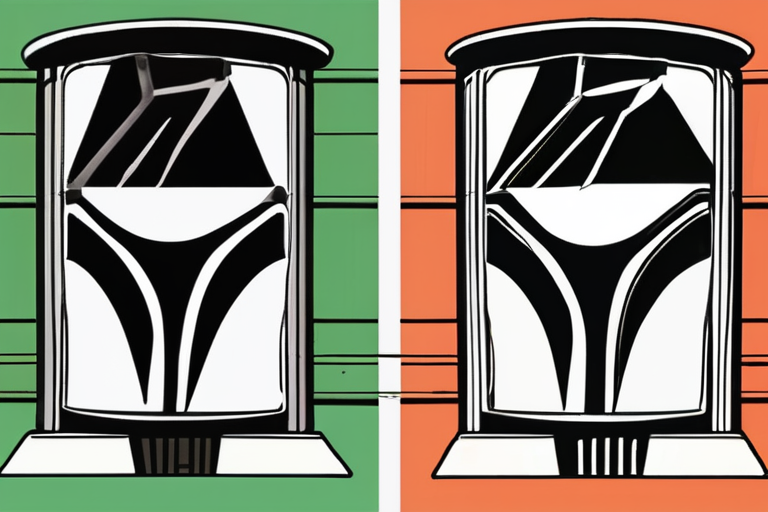



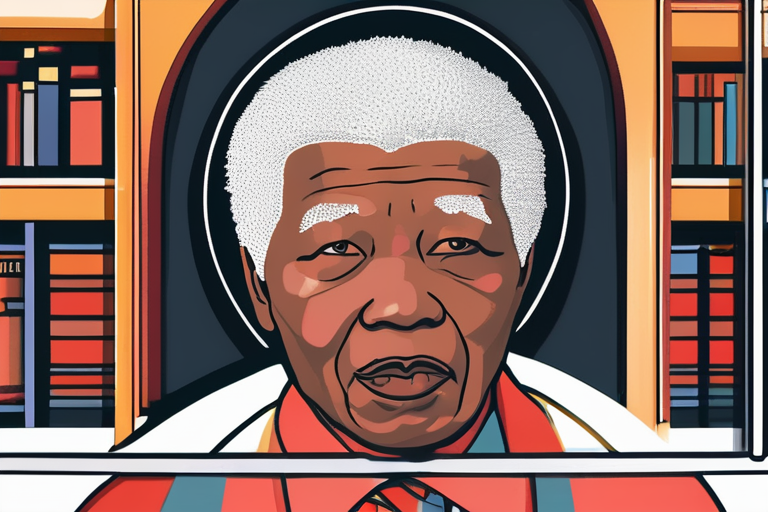



Share & Engage Share
Share this article